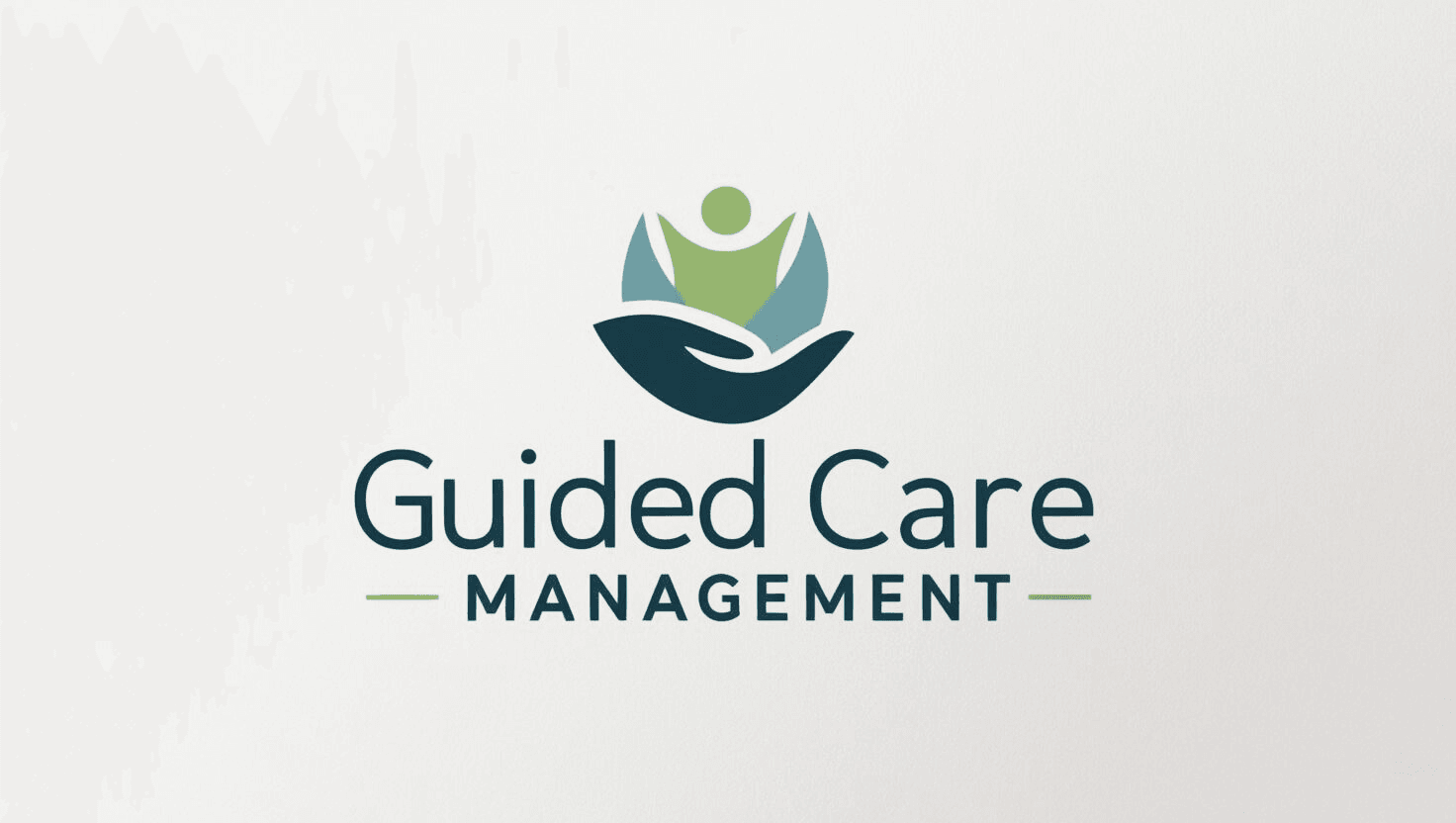Preparing for Healthcare Changes: A Guide to Emerging Trends in Healthcare Management
Understanding the Need for Change in Healthcare Management
The healthcare industry is on the brink of a revolution as it navigates through rapidly changing landscapes. The need for effective healthcare management is more crucial than ever, as new technologies and patient-centered care models emerge. Understanding these trends is vital for healthcare providers, administrators, and policymakers to stay ahead of the curve.
As the demographic landscape shifts with an aging population and increased life expectancy, healthcare systems must adapt to meet these changing demands. This shift necessitates a deeper focus on personalized care, preventive measures, and efficient management practices.

Embracing Digital Transformation
Digital transformation is at the forefront of healthcare changes. The integration of digital technologies, such as electronic health records (EHRs), telemedicine, and mobile health apps, is revolutionizing patient care. These tools not only enhance patient engagement but also streamline operations and reduce costs.
Telemedicine, for instance, has seen exponential growth, especially during the COVID-19 pandemic. This trend is expected to continue, offering patients greater access to healthcare services regardless of their location. However, adopting these technologies requires careful planning and training to ensure effective implementation.

Data Analytics and Predictive Healthcare
Data analytics plays a pivotal role in transforming healthcare management. By leveraging big data, healthcare providers can gain insights into patient behaviors, treatment outcomes, and potential health risks. Predictive analytics allows for proactive interventions, reducing hospital readmissions and improving overall patient care.
Healthcare organizations are increasingly utilizing artificial intelligence (AI) to analyze vast amounts of data quickly and accurately. AI-driven tools can assist in diagnosing diseases, personalizing treatment plans, and predicting patient outcomes with greater precision.

Focus on Patient-Centered Care
Patient-centered care is a growing trend that emphasizes the importance of involving patients in their own healthcare decisions. This approach not only improves patient satisfaction but also leads to better health outcomes. By prioritizing communication and collaboration between patients and healthcare providers, this model fosters a more holistic approach to health management.
Healthcare systems are investing in training programs to enhance providers' communication skills and cultural competencies. Such initiatives aim to create a more inclusive environment where patients feel valued and understood.
Adapting to Regulatory Changes
The healthcare sector is heavily influenced by regulatory changes, which can significantly impact management practices. Staying informed about new laws and guidelines is essential for compliance and operational efficiency. Healthcare managers must be proactive in adapting their policies and procedures to align with these regulations.
For instance, evolving privacy laws regarding patient data require strict adherence to protect sensitive information. Understanding these changes and implementing robust compliance strategies is crucial for maintaining trust and credibility within the healthcare community.

Preparing for Future Challenges
As healthcare continues to evolve, organizations must prepare for future challenges that may arise. This preparation involves continuous education, strategic planning, and investment in technology and human resources. Building resilience within healthcare systems ensures they are equipped to handle emergencies and unforeseen events.
By fostering a culture of innovation and adaptability, healthcare organizations can better navigate the complexities of modern healthcare management. Embracing change is not just about survival; it's about thriving in an ever-evolving industry.
